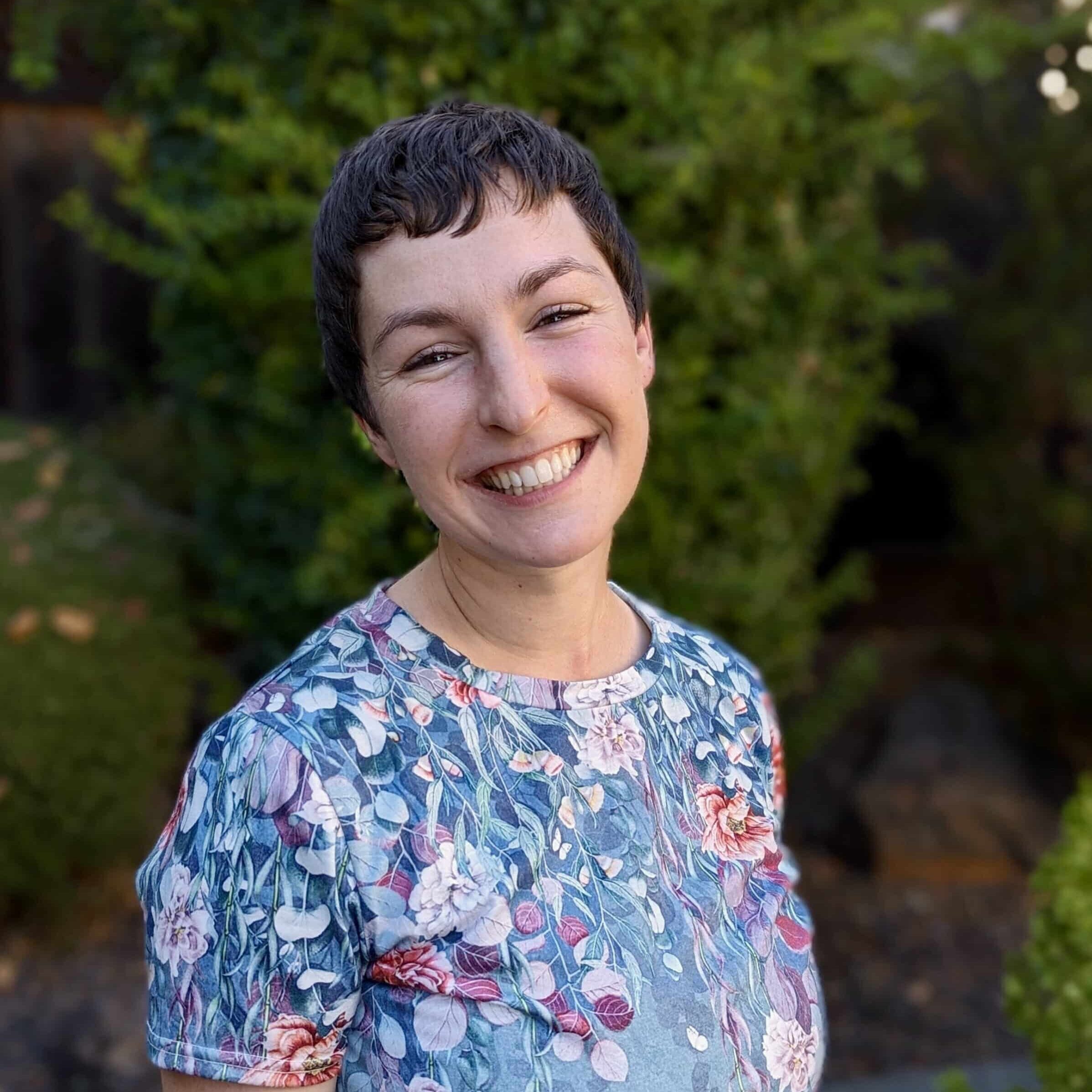On the surface, trauma may seem simple to understand. Most people know the classic cases of trauma, such as war veterans or victims of abuse. Trauma is often assumed as ‘contained’ by post-traumatic stress disorder (PTSD), where those who have experienced it cope with obvious, visible flashbacks or nightmares. In this understanding, trauma is usually a one-time event. At least, it’s usually one-and-done. However, complex trauma differs.
However, trauma doesn’t always follow easy narratives. It is important to how trauma can present itself and impact someone. Here, at Corner Canyon Health Centers, we focus on breaking down complex trauma.
What Is Complex Trauma?
Put simply; trauma is a distressing occurrence or occurrence, combined with the lingering emotional response and behaviors that happen as a result of the occurrence or occurrences. To understand what that means, it may be helpful to break down each part.
Trauma Is a Distressing Occurrence or Occurrences
Often, complex trauma begins with a distressing occurrence or occurrence. In our cultural narratives, we often view these as simple (if not horrific), one-time things. In this view, someone experiences trauma, and it’s brief, but the effects are long-lasting. However, this isn’t always the case, and the timelines of trauma can be complex, just like anything else.
In fact, any of the following cases can be traumatic moments:
- A single, short, one-time occurrence (such as witnessing a death)
- A single, long occurrence (such as fighting a war)
- Multiple, ‘smaller’ occurrences (such as experiencing continued bullying)
- Multiple, often indistinguishable occurrences in an unhealthy environment (such as a toxic school experience or workplace)
This list is not definitive, but it can help give a better idea of the lesser-known ways one can experience trauma.
Trauma Is a Lingering Emotional Response
What is a lingering emotional response? That means that a person who has experienced trauma continues to feel something about the trauma. There’s no one ‘right’ emotional response. We know that traumatized people experience sadness. However, according to the Substance Abuse and Mental Health Services Administration (SAMHSA), traumatized people may also experience “exhaustion, confusion… anxiety, agitation, numbness, dissociation… physical arousal, and blunted affect.”
Over time, the emotional response may change or shift. Eventually, it may become subsided enough that a person may feel that they’ve moved past their trauma. As long as it lingered for some time, it was still trauma.
However, it is vital not to mistake a lack of obvious, distinct emotion as trauma being ‘cured’. Complex trauma can be tricky and hide itself, both from outsiders and the person experiencing it. It’s very easy to bottle up one’s emotions.
Complex Trauma Changes Behavior
When you are unsure of how to understand your emotions or another person’s emotions, you can also look towards behaviors. Traumatized people often shift after their trauma. Some changes seen in complex trauma survivors include:
- Become more closed off
- Struggling to form close relationships
- Feeling oddly lazy or burnt out
- Being unable to cope with life as they once did
- Shutting people out of their lives
- Becoming impulsive
- Flinching at things that seem harmless
- Struggling with sleep
Looking back at the article from SAMHSA, traumatized people may also have ‘delayed responses’. This means they may not immediately seem to react. Instead, their behavior may seem to give them away: they may seem constantly tired, obtain a sleep disorder, experience nightmares, and more. The connection between these behaviors is not always obvious to the traumatized person or others in their life.
SAMHSA’s article also tells us that trauma often causes a kind of future despair. Traumatized people may be unable to see a future for themselves, feel hopeless, or struggle to see themselves completing common life milestones.
Trauma Can Be Gained From Second-Hand Experiences
While this isn’t part of our definition, it’s essential to understand. Not all traumas are a result of something that occurred to the traumatized person specifically. This kind of trauma is often called secondhand trauma or, when the person is working with traumatized people, vicarious trauma.
Usually, this type of trauma occurs when people are close to traumatized people. For example, if a child witnesses their sibling’s abuse, they may gain secondhand trauma. First responders and medical professionals are prone to vicarious trauma. These individuals may find it difficult to maintain hopeful, struggle with survivor’s guilt, or become burnt out from caregiving and support roles.
How Does Complex Trauma Affect People?
There is no shortage of ways in which trauma can affect people.
The most common reaction to trauma that the public knows is PTSD, a disorder that can arise after experiencing a singular traumatic event. It is characterized by flashbacks, anxiety, and difficulty when experiencing things similar to or relating to the trauma.
However, mental health experts have also described a similar disorder called complex post-traumatic stress disorder (C-PTSD), in which an individual experiences multiple traumatic events over a longer period of time without the ability to escape. C-PTSD has yet to be recognized in all parts of the world, but the diagnosis is gaining more traction.
However, PTSD and C-PTSD are not the only results of trauma. Some traumatic experiences may not lead to a full-blown diagnosis of either of these two disorders but may still result in mental health difficulties such as anxiety or depression. In addition, trauma can cause physical effects on the body. People who experienced trauma may experience stomach problems, difficulty sleeping, headaches, or other difficulties.
It is so important to seek help from a reputable facility if you or someone you know if facing the symptoms of complex trauma. The professionals at Corner Canyon Health Centers are here to help.




